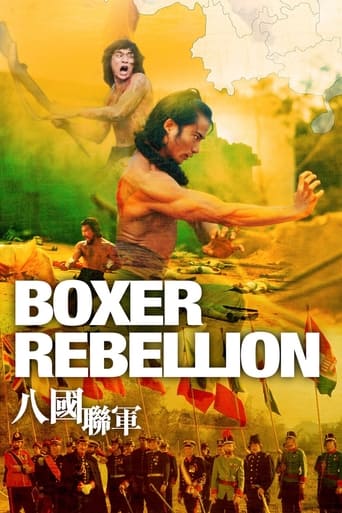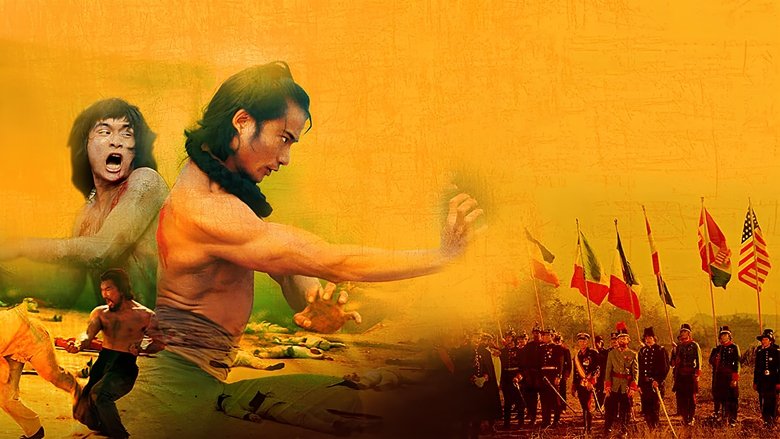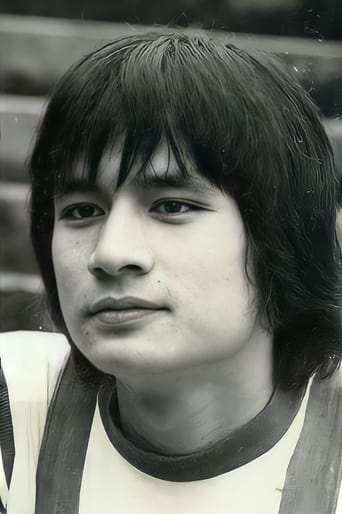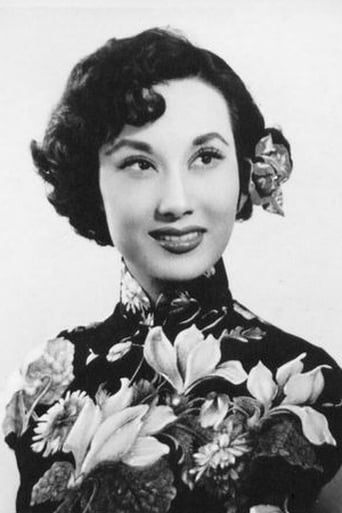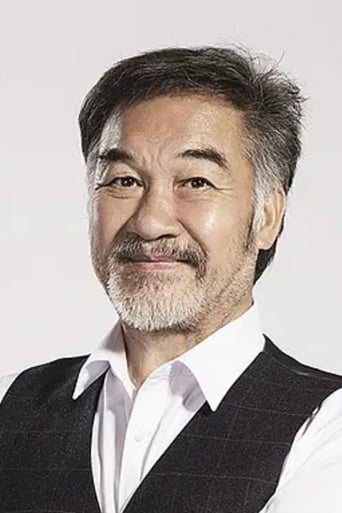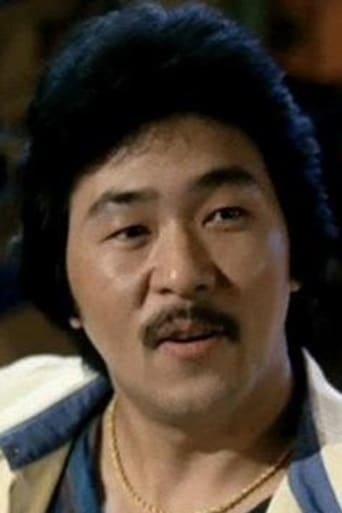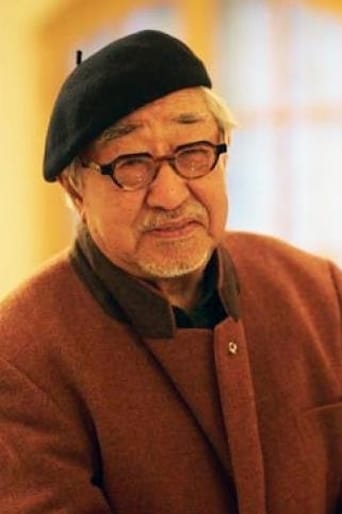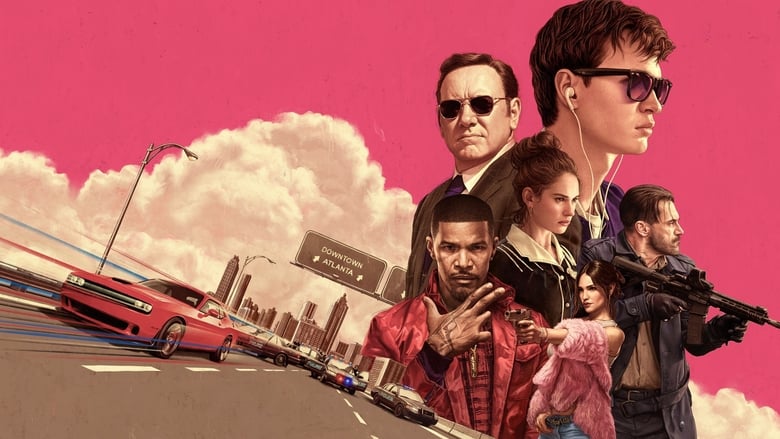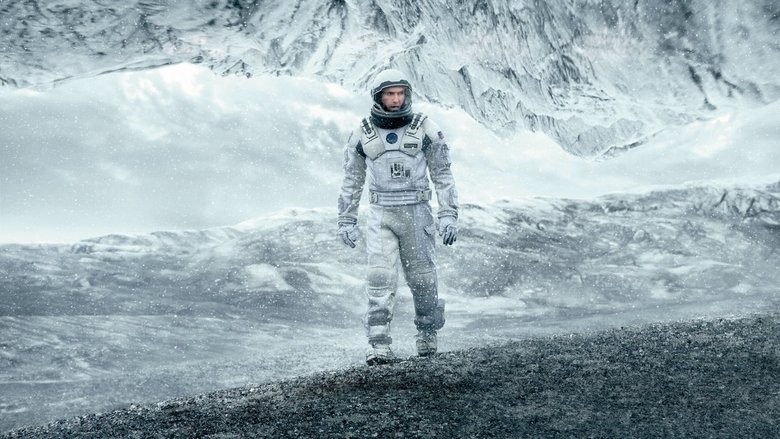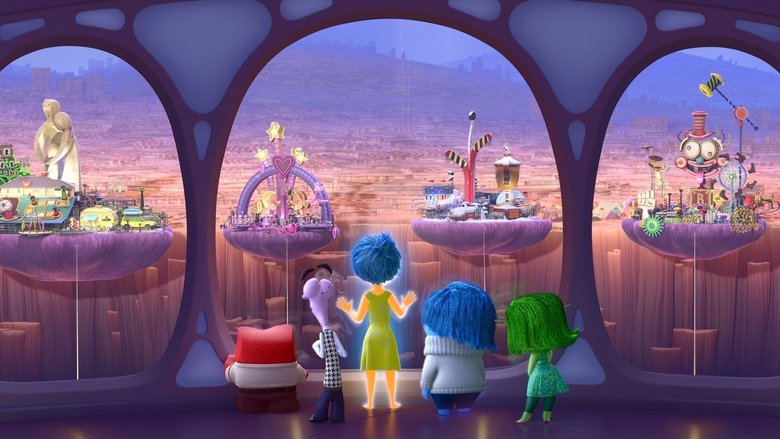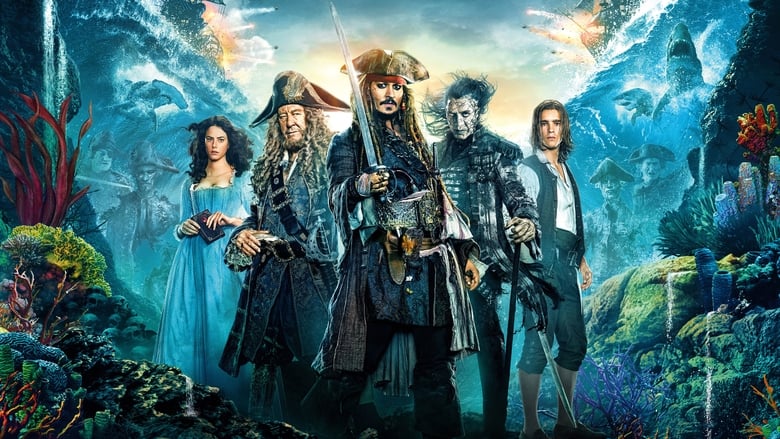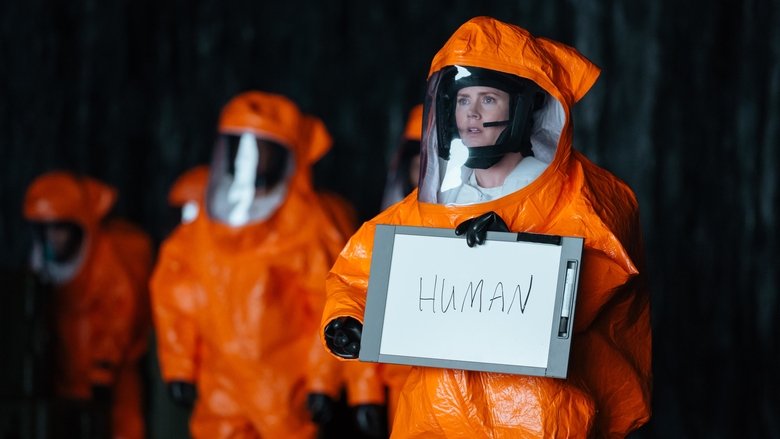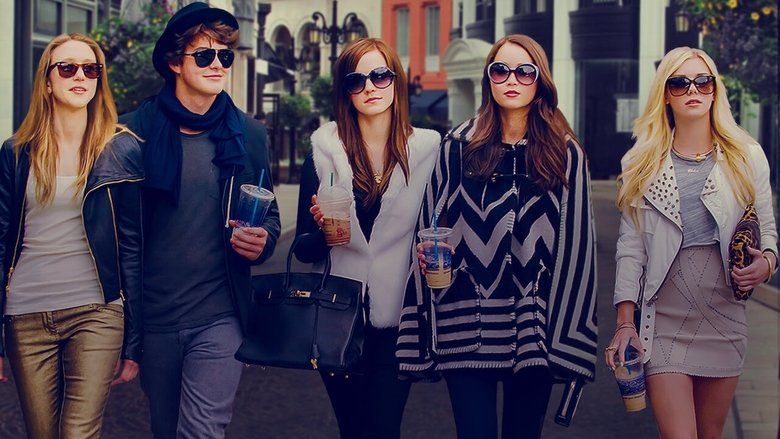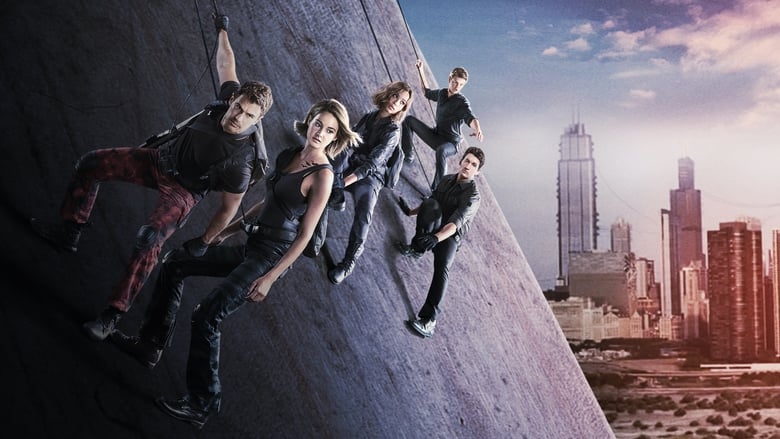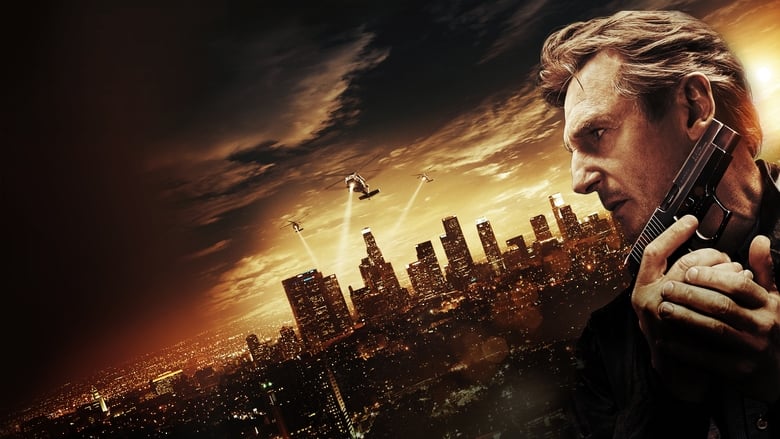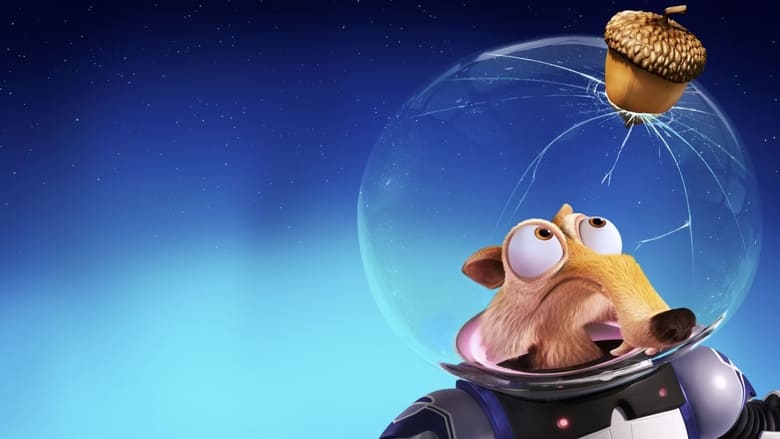Three young martial arts brothers, played by Chi Kuan-chun, Alexander Fu Sheng and Leung Kar-yan, go in search of fellow patriots dissatisfied with Imperialist foreigners and wind up joining a rising sect of the Boxers, led by an opportunistic conman. Named as such for their use of martial arts, these boxers are revolutionaries who believe that spirits protect their bodies from foreign guns. They even dupe the Empress Dowager, who gives them her royal blessing to fight the foreigners.


Similar titles
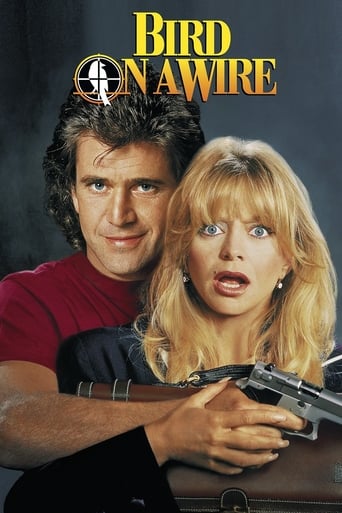
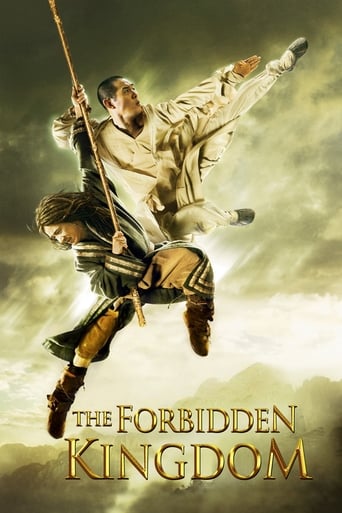
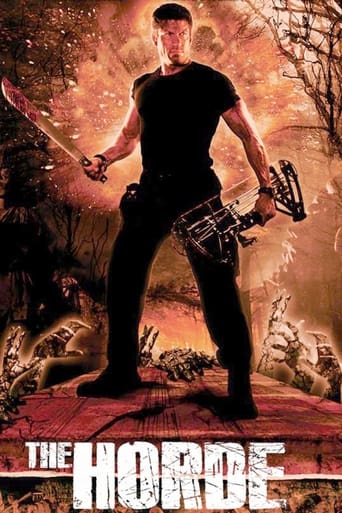
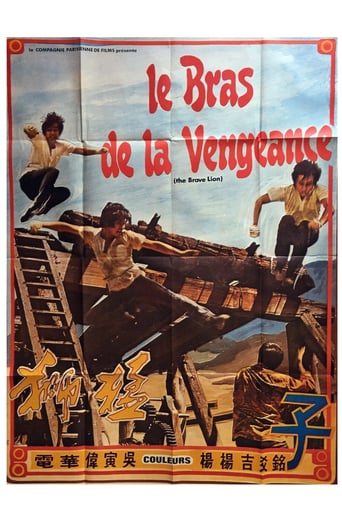
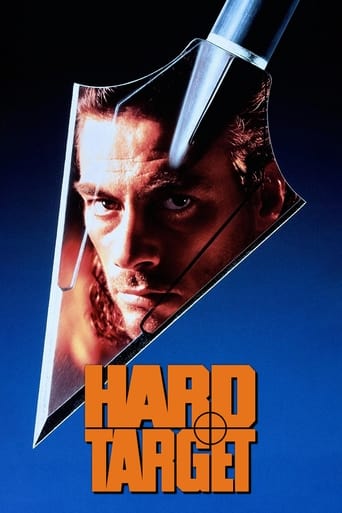
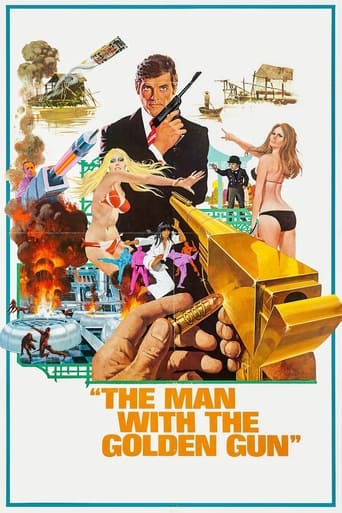
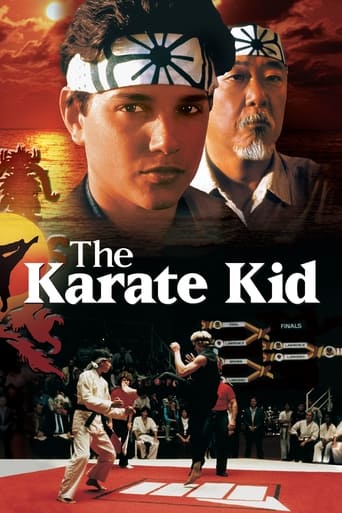
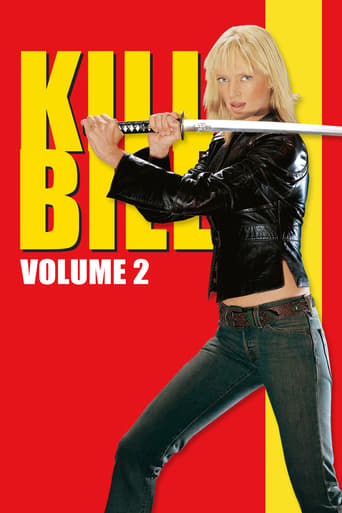
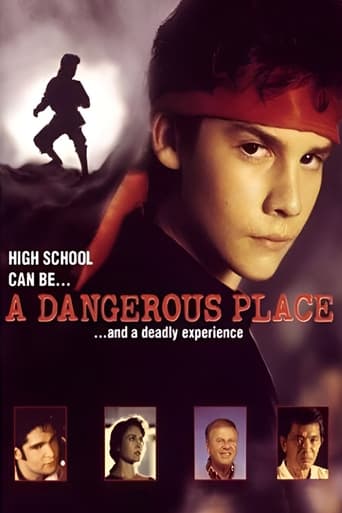
Reviews
BOXER REBELLION starts off well enough, with several kung fu men (led, more or less, by Chi Kuan-chun) arguing that it's folly to bring a knife to a gun fight; the Foreign Devils have Gatling guns, while the Chinese freedom fighters are armed only with swords and spears (and, well, Magic that protects them from bullets...). Logical argument- but then Chang Cheh gives us a scene in which a kung fu man charges a machine gun nest, takes a burst full in the chest, wrestles the weapon away from the machine gunners (taking another burst full in the chest as he does so) and then proceeds to beat them to death with their own automatic weapon. WTF...? Having heard the rather sensible argument that such a thing wasn't possible, we then see that it IS possible (at least in this movie, though the actual freedom fighters fared less well against the coward's weapon- the Gun). The first half of the movie is often slow, but it heats up in the second half when Kuan-chun and Fu Sheng set about harassing the occupying forces. Well worth seeing, though some viewers may wonder why it takes our heroes so long to get in gear.
I saw this film a couple of times when it was on Black Belt Theater. I think the thing I remember most about Boxer Rebellion was the fight scene at the end of the movie, between Alexander Fu Sheng, and foreign soldiers: who were armed with rifles and bayonettes, while Fu sheng took them on bare handed. I didn't care if the soldiers whose butts were getting kicked were white or not, I just wanted to see Fu sheng kick some butt. But I agree, Chinese martial art's films tend to steriotype the Russians, and the Japanese, and other nationalities too. You tend to expected that in Chinese films, especially with the Japanese, because the two countries had a propaganda war going on between them. I don't know if Bloody Avengers was a good movie or not, Maybe it had too much sugar in it for a kung fu movie. If thats the case, then it was crap. I just remember that Fu sheng was in it.
This movie was just another convenient vehicle for Hong Kong movie producers and writers to indulge in their Sino-centric and xenophobic fantasies. ("Once Upon A Time In China I, II, and III" are some other recent examples of these Sino-centric fantasies.) These Sino-centric movies invariably portray Chinese as quasi-saintly, self-sacrificing heroes while portraying most foreigners as black-hearted villains. This movie did just that. The leaders of the Boxer Rebellion were portrayed as pure-hearted heroes while the foreigners (especially Japanese, Russians and Germans) were portrayed as one-dimensional greedy idiots. As many of us know, political struggle and war are not battle between totally good and totally evil. The world is more complex. The real world is filled with shades of gray, not just black and white. It is clear even to the most unsophisticated movie goer that the simplistic, one-dimensional portrayal of the Boxer Rebellion in this movie absolutely lacks credibility. Moreover, this good-guy portrayal of the leadership of the Boxers is contrary to the historical evidence. Historically, although some of the leaders of the Boxer Rebellion were indeed pure-hearted patriots, the barbaric deeds committed by the Boxers and their leadership are historical proof that most of the Boxers and their leaders were merciless zealots who had no scruples about massacring defenseless women, children and babies.During the screening of this movie, not only did I question the validity of the plot and characterization, but I wondered if Hong Kong movie producers hire historical consultants? I used to think Hollywood's historical inaccuracies were bad, but the historical inaccuracies of some Chinese movies are just awful!! IMDB comment section is just too short to mention all the blatant inaccuracies of this film, but I shall mention some of them: 1) Why were American soldiers and officers wearing Civil War era uniform? The American soldiers who were sent to Beijing during the Boxer Rebellion wore uniform totally different from the ones worn during the Civil War. (They probably wore khaki hat and pants and dark blue shirts, a uniform similar to those of the Rough Riders.) 2) The Russian uniform is totally inaccurate. The uniform in the movie does not even resemble the real uniform. 3) A Japanese naval officer in the movie had shoulder length hair. Japanese naval officers were not allowed to have shoulder length hair. 4) Why were so few Chinese in the movie wearing the so-called "pigtail" (or queue)? In spite of the portrayal of this movie, vast majority of the residents of Beijing during the Boxer Rebellion were required to arrange their hair in the Manchu style (i.e. pigtail). Most Chinese men did not cut their pigtail until 1910's or 1920's.Many people say a movie goer should not be too rational if he or she wants to enjoy a movie. However, with such a plethora of historical inaccuracies and incredible character portrayals, no logical human being can fully enjoy this kind of movie. Such a cheap plot and shallow characterization should not even belong in a cartoon.
BLOODY AVENGERS (1976) is one of a handful of historical kung fu epics directed by Hong Kong master filmmaker Chang Cheh. The focus here is on the 1900 Boxer Rebellion as told from the Chinese point-of-view, in contrast with the 1963 Hollywood film, 55 DAYS AT PEKING, which told the story chiefly from the English and American standpoint.The three heroes are young men caught up in the fervor of the times who join the Boxers, a cult which claims supernatural powers in its campaign to drive foreigners out of China. The heroes are played by Shaw Bros. kung fu stars Fu Sheng, Chi Kuan-Chun, and Leung Kar Yan (Liang Chia-Jen). Chi Kuan-Chun is the one who is most skeptical of the Boxer leader's claims of invulnerability and warns against attacks on foreign troops without adequate reconnaissance. The sect leader, Li (Wang Lung-Wei), turns a disastrous loss at the hands of the Japanese into a public relations victory that gets embellished as word spreads until the Empress Dowager hears-and believes-an outlandish tale of 9000 Japanese soldiers killed by the Boxers.The Boxer Rebellion itself occurs offscreen and the rest of the movie involves its aftermath as foreign troops-chiefly Japanese and Russian soldiers-overrun Peking, pillaging, plundering and slaughtering. The heroes fight and kill quite a few soldiers but their efforts ultimately amount to little. At one point, they confront the German officer in charge of all the foreign troops (played by American actor Richard Harrison, a fixture in Italian films of the 1960s and 70s and a handful of Hong Kong films afterwards), who attempts to fence with them, but they let him live, allowing him to release sketches of the two remaining heroes, making it difficult for them to escape the city undetected. The Americans are notably absent from the action until the very end, when a handful show up in Civil War uniforms (!) and take off their hats for the heroes.The fights are all staged by Liu Chia-Liang, who became a top-notch kung fu director in his own right the same year. For this film he has created a large number of exciting brawls with kung fu used effectively against rifles, bayonets and, in one memorable encounter, a Gatling gun. In addition, there are large-scale battles involving dozens of costumed extras, shot on outdoor Shaw Bros. sets and familiar Hong Kong locations.The main actors are all at their peak and the rest of the cast is rounded out with familiar faces, including Billy Tang as a Boxer martyr and Gordon Liu in a small part as one of the Boxers. Li-Li Hua plays the Empress Dowager. There are many westerners in the large cast as well, although Harrison is the only name among them. This is an extremely difficult film to find in a good copy; if a new print is ever released in the world market, it will be an occasion of great joy for kung fu and Hong Kong fans everywhere.ADDENDUM (5/26/08): Since the above review was submitted, the film has been released on Region 3 DVD by Celestial Pictures under its original title, BOXER REBELLION, in its original cut of 137 minutes, roughly 30-45 minutes longer than the version I saw for review, which was an English dub taped off broadcast TV back in the 1980s. The DVD is in Mandarin with English, German, and Japanese characters speaking in their own languages. Without digging my VHS copy out of storage, it would be hard to identify exactly what scenes were cut from the TV broadcast, although I can say with some certainty that there are longer scenes with the Empress Dowager, including a nearly ten-minute scene at the beginning showing her getting ready, step-by-painstaking-step, for an evening's entertainment, all while keeping her ministers, who have important news about the Boxers, waiting. There are also significant scenes with another important woman character, "Master Cai" or "Second Master," played by Hu Chin, who turns out to have once been a lover of the German officer (Richard Harrison) in charge of the Allied occupation of Peking. I don't recall these scenes from the TV version.The emphasis in this longer cut is less on martial arts or bloody battle scenes than on the whole arc of the disaster caused by the Boxers, from the Empress Dowager's tacit support of them, enabled by lies spread about an outright defeat the Boxers suffered at the hands of the Japanese that became a "victory" in its retelling, to the complete failure, from a military and strategic standpoint, of their attack on the Foreign Legation in Peking, to the pillage of the city by foreign troops in the wake of it. The thread throughout the film is the peculiar devotion of the three brothers, played by Chi Kuan Chun, Alexander Fu Sheng, and Leung Kar Yan, to a cause they see through right at the beginning, one they know is lost, but one they cannot tear away from. Near the end, the two surviving brothers perform a wise and heroic act that saves the lives of many Chinese while putting their own in danger. It's a fascinating film and quite a change of pace from the usual all-star Chang Cheh martial arts spectacle.
